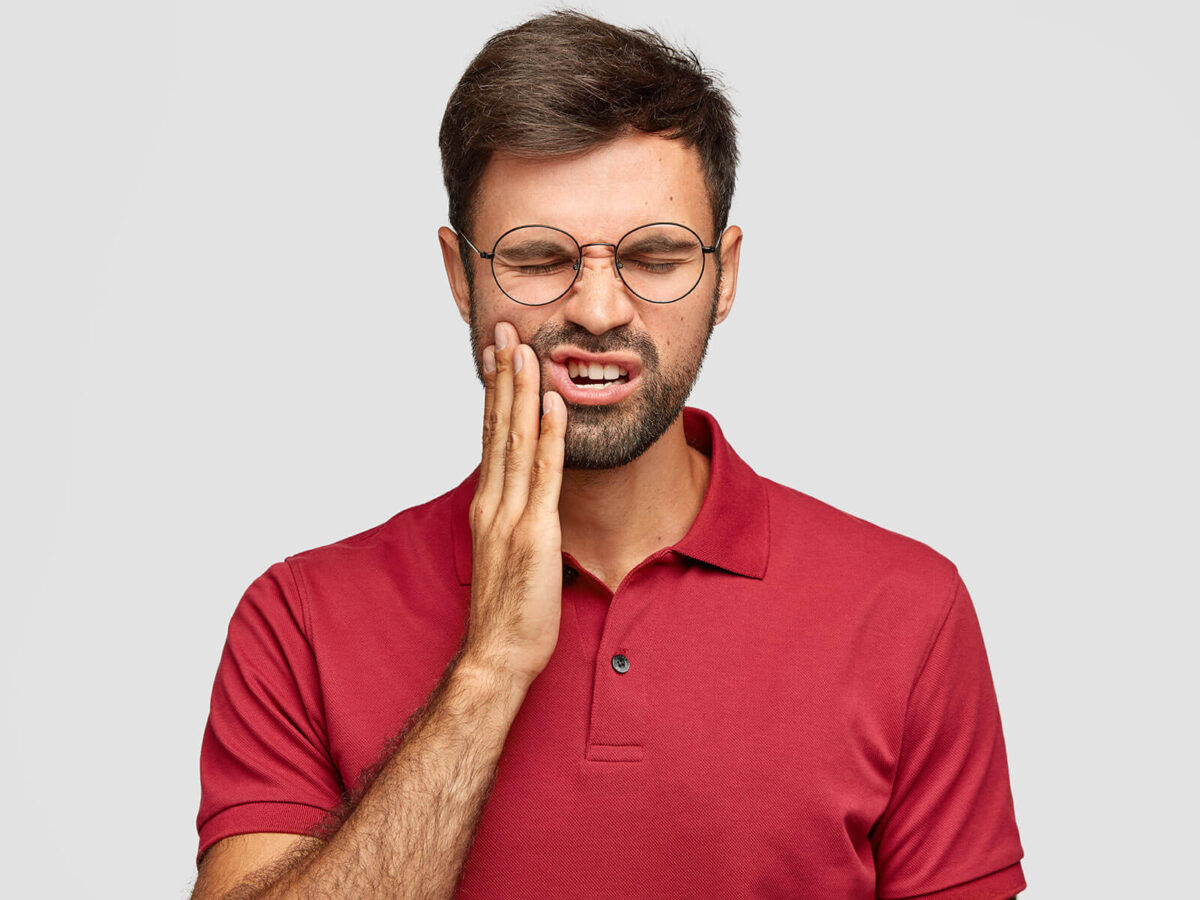Blog
Dental hygiene tips for healthy teeth & gums

How Orthodontics Can Help Treat TMJ Disorders
Diseases influencing the temporal-mandibular joint (TMJ) can cause discomfort in the jaw muscles and joints as well as other problems. The brain-jawbone link lets you yawn, chew, and speak.
A displaced TMJ can cause jaw pain, headaches, and trouble moving the jaw. Orthodontic solutions can help diagnose, manage, and treat TMJ issues.
Learning About TMJ Disorders
First, one must know what TMJ issues are before one can appreciate how orthodontics could help. Those with TMJ often have jaw pain, clicking or popping sounds while opening or closing their mouth, headaches, and earaches. Many different things can cause TMJ problems, including –
- Poor jaw and tooth alignment can cause temporomandibular joint (TMJ) discomfort.
- Bruxism—often referred to as teeth grinding or biting—can strain your TMJ muscles as you sleep.
- TMJ can be damaged, and movement is complicated by osteoarthritis and other degenerative joint diseases.
- Direct blows to the jaw or head, as well as whiplash injuries from auto collisions, can all lead to TMJ problems.
Their necks and shoulders would also hurt. Orthodontic treatments for TMJ problems are absolutely vital since TMJ is complicated and affects numerous body systems.
How Orthodontic Solutions Can Help Treat TMJ Problems
Although most people view orthodontics as a means of correcting terrible bites and crooked teeth, it can also aid with TMJ problems. Let now consider how orthodontics solutions might address these problems:
Correcting Jaw Misalignment
Correcting TMJ problems mostly depends on orthodontics in correctly aligning the jaw. An extremely poor bite resulting from mismatched teeth can strain the temporomandibular joint.
Orthodontic treatment—that uses braces or clear aligners—allows the teeth and jaws to be corrected. It helps the TMJ to be less stressed and results in more equal bites. Along with improving jaw function, it helps with pain and discomfort issues.
Improving Bite Alignment
An uneven bite aggravates TMJ issues by improperly meeting the upper and lower teeth. Orthodontics for TMJ disorders allows the bite to be altered so that the teeth fit together correctly and minimize the strain.
Straightening teeth with braces reduces stress on the jaw joint. Additionally, it reduces the likelihood that TMJ issues will worsen. Ultimately, it results in improved dental health and a long-lasting, gorgeous smile.
Relief from TMJ Pressure
To alleviate stress on the TMJ, you can wear a mouthguard or a splint. One option is a custom-made splint that helps with tooth movement and jaw joint pressure reduction. Grinding your teeth at night may help you avoid TMJ problems.
Addressing Teeth Grinding
Most people who have problems with their TMJ do something called bruxism. Custom-made mouthguards, which are sometimes called “night guards,” can be worn to bed to stop teeth grinding and stress on the TMJ.
Comprehensive Treatment Planning
Orthodontists often create a whole treatment plan when working with other dentists and specialists. It could include physical rehab, pain and inflammation medicines, or even surgery in the worst cases. Orthodontic care can speed TMJ recovery.
Key Benefits of Orthodontic Solutions for TMJ Disorders
When used to treat TMJ, orthodontics has many benefits, including:
- Orthodontics can help with long-term pain from TMJ problems.
- Fixing your bite and stopping grinding can reduce the likelihood of future TMJ disorders.
- When you align your teeth and jaw, your jaw works better, which makes it easier to chew, breathe, and yawn.
- TMJ issues are commonly linked to headaches, neck pain, and insomnia; thus, treating them can improve your health.
Conclusion
TMJ problems can make it hard to do daily tasks and enjoy life. Orthodontics helps many TMJ issues be corrected, therefore improving symptoms. Orthodontics for TMJ disorders can correct dental and jaw abnormalities.
Additionally, orthodontic solutions can help reduce TMJ pain and prevent tooth grinding. See an orthodontist if you believe you could have TMJ to help your jaw discomfort go away and your jaw operates normally once more.


